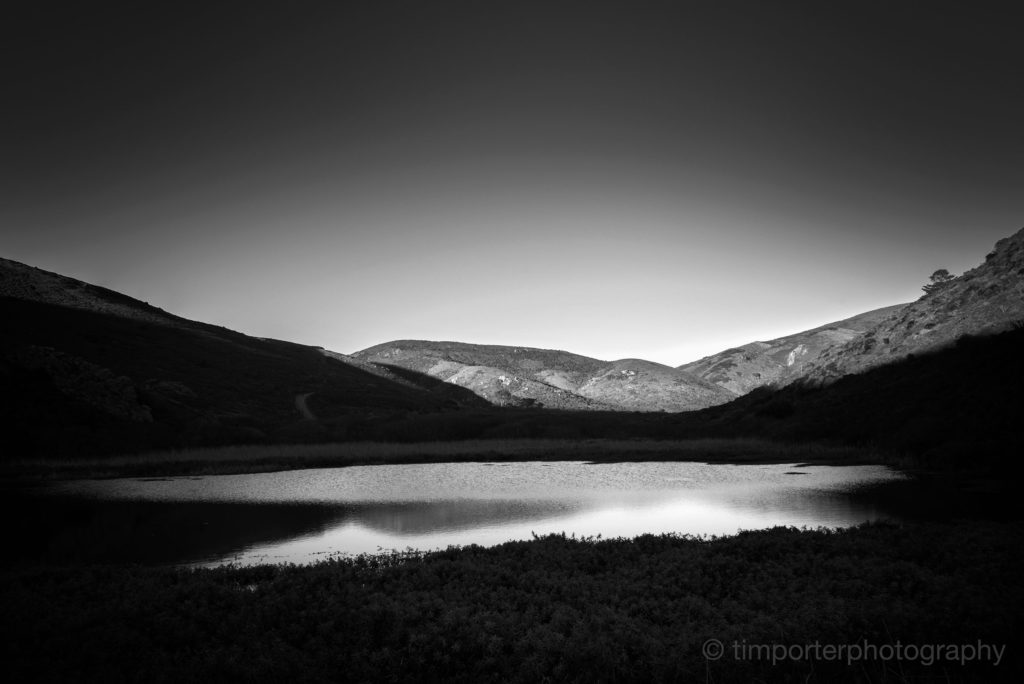
Seven-plus months into the pandemic, most of that time spent at home or nearby, nearly none of it doing the work I am accustomed to be doing, I have two sobering realizations to share:
First, I have trouble defining myself without the work. I am not doing any journalism and precious little photography, so if I am not a journalist and if I am not a photographer, then who am I?
Second, after all the youthful years of tears, after the long era of running from my past and my family, after entanglements with the law and abuse of substances both legal and legal, something very ordinary happened to me: I ended up becoming my father’s son.
Perhaps that’s inevitable. Even a cultural revolution can’t erase the imprinting of nurture and the insistence of genetics. As much as I said to my young self that I would never be like him, I resemble him more now than I do not, especially at this age when we lions lose our fangs.
To be like my father is not a bad thing. He was a good man, a decent man, a hard-working man, loyal to his wife and family, a man who loved music, believed in God and shouldered and soldiered on with whatever befell him in life. And there was much. Of those qualities, I have an assortment, and for those I thank him. All in all, though, he was the better man. He had more to bear. My burdens are few and still I falter.
My father was not perfect, nor am I. We share many of the same imperfections. He was prone to nervousness and anxiety, as am I. He had a temper, as I do. A streak of resentment ran through him, flaring to the surface at times when he felt wronged or stewed about what might have been, as it does in me. He never said so, but I thought he focused more on what he didn’t have than what he did, just as I often do. There was more self-criticism than self-congratulation. In those moments, like many in his family, myself included, he drank too much.
Most of all, he identified himself as a man by his work, as I do as well. Through my juvenile eyes, my father and his job were synonymous. He was a self-taught accountant who worked all the time. For much of the year, he returned to the office after dinner. He never took vacation during the summer when we kids were off school. He worked most Saturdays, either in his office or at home in the living room, where he set up a folding card table and prepared tax returns. He never retired. He kept at it, as much as he could, until his body gave out. He didn’t die on the job, but he would have if he could have.
All I knew about my father as a boy was connected to his work. The stories of co-workers. The promotion he didn’t get. The boozy nights out with the boys, the laughing lunches with the girls. When my mother talked about him, she did so in the context of the job – your dad has to work, your dad is tired because of work, your dad works so much because he loves you.
Years later, when I was married and putting in long hours on a dying newspaper, I wondered why he didn’t retire. The house was paid for, the golf course was nearby, a big stack of books awaited on the bedside table. Now, I am past the age he was when I asked those questions and I know the answer: He didn’t retire because he couldn’t. The work defined him. The job was his oxygen. Retirement would have been suffocation.
Like him, I hated the very concept of retirement. I don’t want to be retired and, officially, I am not, but the corona (and a nagging injury) has thrown me off. I have time, too much of it. Take advantage, friends say. Relax. Do those things you always wanted to do. Good advice, I suppose, for those who didn’t have the opportunity. For me, though, what I most wanted to do was the photography and the journalism and I still do. I never had further ambitions.
I don’t find fulfillment in the idleness. I am not comfortable with comfort. I am not content with contentment. I miss the stress, I miss the need to solve problems, I miss being sought out for what skills I have. I miss the work.
My father would not tolerate such whinging, if that’s what this is (it can be so difficult to separate contemplation from grievance). I can’t tell you what advice he’d give because I don’t recall every receiving any from him. The work was his voice, and he spoke to me through it. Carry on. Do the necessary thing, do the responsible thing. Don’t ever stop because if you do you might not get it back.
